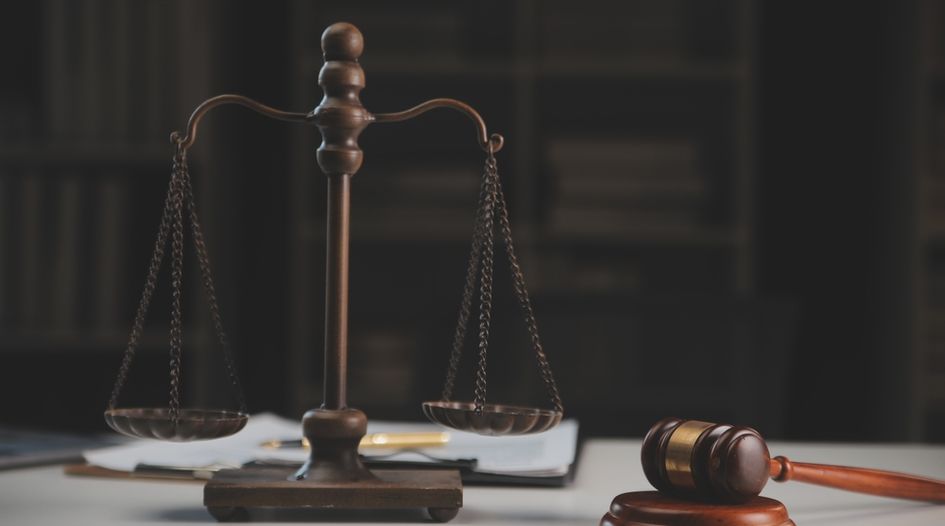Revised guidelines for trademark disputes set to improve hearing process

On 11 June 2024 the Taiwan Ministry of Economic Affairs published the amended Guidelines on Hearing Procedures for Trademark Dispute Cases, which govern procedures in administrative trademark disputes at the Taiwan Intellectual Property Office (TIPO). The guidelines entered into force the same day.
According to Taiwan's Trademark Act, dispute cases comprise “oppositions, invalidations and revocations”. The purpose of holding hearings in these cases is to provide the parties with an opportunity to present evidence, legal opinions and arguments. Hearings help examiners to weigh the facts, better understand the parties’ legal arguments, determine the truth based on reasoning and the rules of evidence and make high-quality decisions.
Shortened relief process
Generally, if a party wishes to contest a TIPO decision and seek relief, it must file an administrative appeal with the ministry. The party can only gain standing to file for litigation if the ministry denies its appeal.
However, according to Article 109 of the Administrative Procedure Act, for an administrative agency decision after a hearing, the concerned party may contest the decision and file an administrative suit directly without going through this appeal process.
In accordance with the provisions of this legislation, TIPO originally created the guidelines on 15 February 2005 – these have been amended three times so far. However, trademark disputes in Taiwan are almost always conducted in the form of written cross arguments and only a very small number of parties have applied for hearing procedures. TIPO encourages parties to make more use of hearings to bolster protection of their trademark rights and consider the effectiveness of relief timeliness.
Comparison between proceedings with and without hearings |
The key points in the amendments of the guidelines are:
- Collegial examination – to strengthen the trial function of the hearing procedure, the guidelines stipulate that all disputes heard with a hearing should be examined in a collegial manner by more than three examiners.
- Preliminary hearings – the guidelines propose adding provisions to hold preliminary hearings depending on the complexity of the case.
- Oral and public hearings – hearings shall be held orally and in public, except in cases where making it open to the public would be against public interest or cause material harm to a party.
- Changes to the hearing date – the guidelines clarify that if the hearing date, location or examiner has been changed or the hearing has been cancelled, the notification and announcement procedures should be redone.
- Moderate disclosure of inner convictions – provisions that the hearing officers may appropriately disclose their inner convictions on factual, legal and evidential issues have been added.
- Remote hearings – hearings may be held through remote video conferencing, and their electronic records and signatures all have legal standing.
IAM recommends
Taiwan steps up trade secret protection amid soaring litigation numbers
New nullity proceedings good news for trademark budgets in Italy
China: Value of Damages Awards Rockets Since Fourth Amendment to China’s Patent Law
This is an Insight article, written by a selected partner as part of IAM's co-published content. Read more on Insight
Copyright © Law Business ResearchCompany Number: 03281866 VAT: GB 160 7529 10